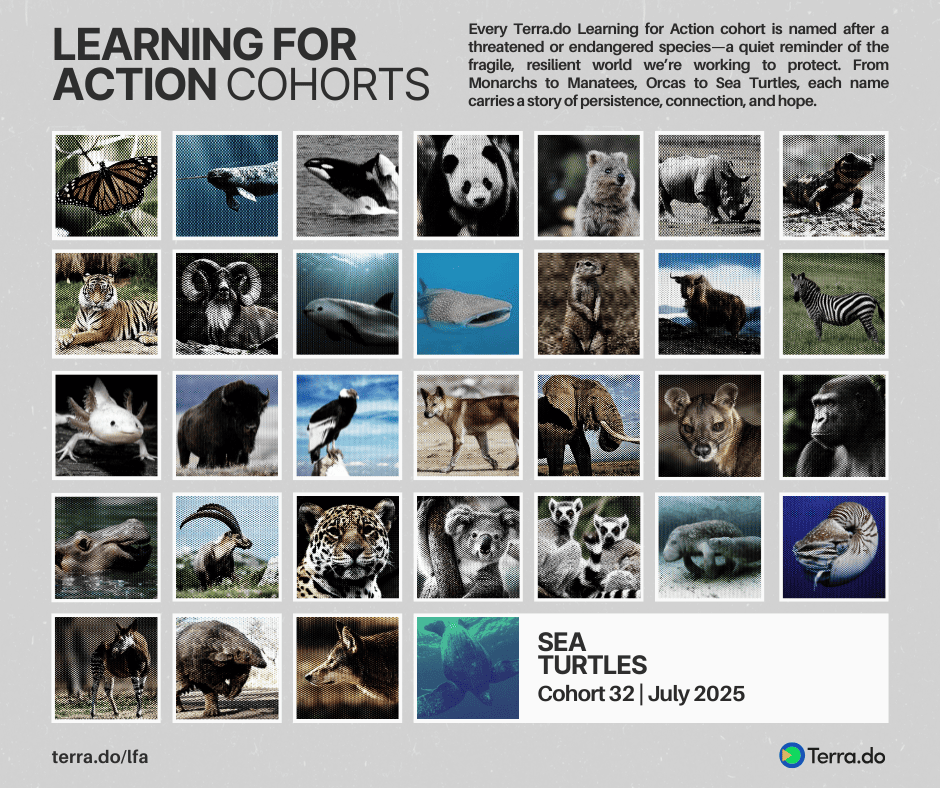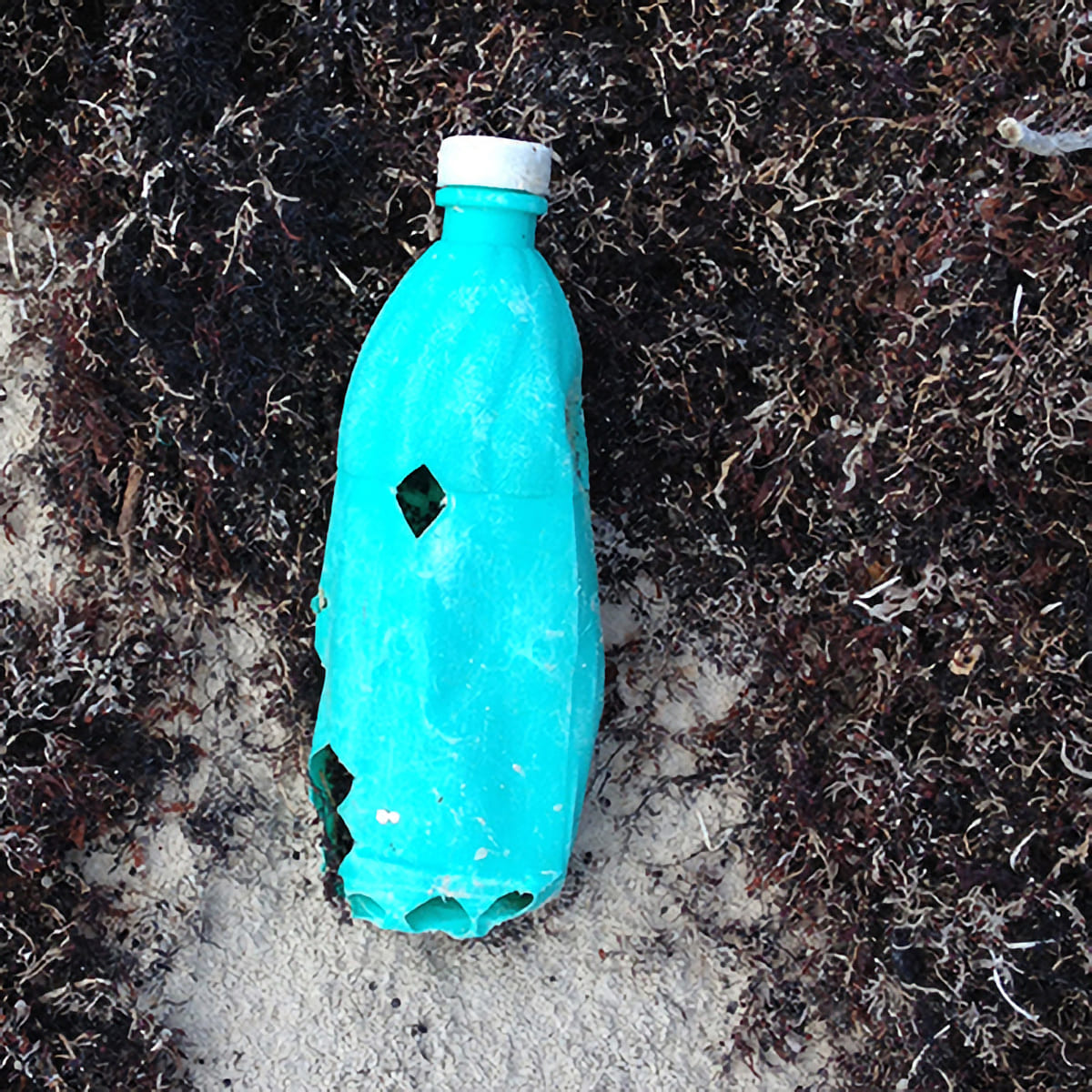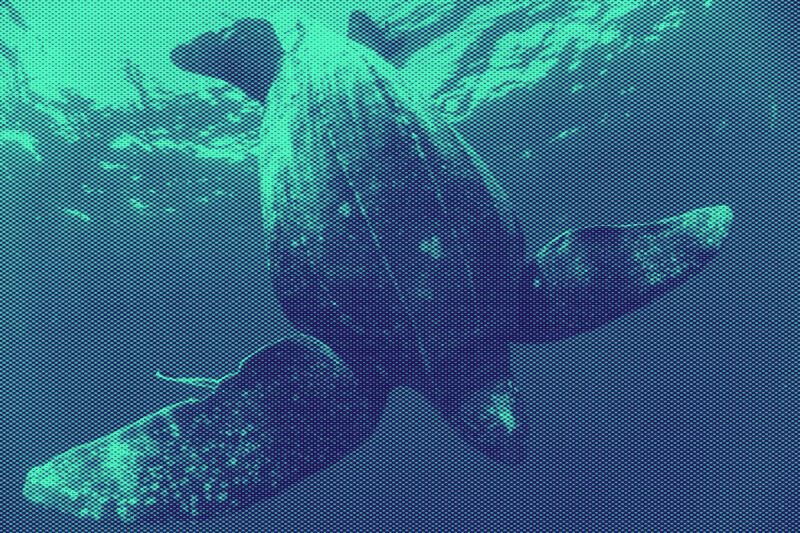From its very first days, the Learning for Action climate fellowship has carried a tradition. Each cohort is named after a threatened or endangered species, a reminder that our work is tied to the living world—its fragility, its resilience, and its fate. Over the years, names like Monarchs, Orcas, Tigers, Manatees, Red Wolves, and Nautilus have marked each new group of fellows, connecting them to a long line of others who showed up ready to learn, build, and act.
Now, we welcome the Sea Turtles. For over 100 million years, sea turtles have crossed oceans, returning to the same shores to begin the cycle again. They have survived mass extinctions and shifting continents. But their future has never been more uncertain. In their journeys, we see something familiar: long paths with risk, moments of vulnerability, and the stubborn persistence to try anyway.
We choose cohort names carefully. They are not mascots. They remind us that climate work is real, grounded, and connected to life beyond ourselves. They become part of how fellows talk, gather, and remember.
Sea Turtles is more than a name. It is a commitment to keep going, to return, and to build something that lasts. It is a chance to learn, connect, and act—together.
Read more about our Learning for Action cohorts and their unique names here.

Why Sea Turtles
Sea turtles are creatures of patience and persistence. For over 100 million years, they have navigated vast oceans, crossing thousands of miles between nesting beaches and feeding grounds. They return, again and again, despite countless dangers: warming seas, shrinking nesting beaches, plastic pollution, bycatch, and changing currents. Their path is neither quick nor easy. Yet they continue.
In that quiet, steady determination, there is something deeply resonant for anyone working on climate. Progress often feels slow, the path uncertain. It can take years to build the coalitions, policies, or cultural shifts needed for real change. And yet, like the sea turtles, we return. We keep moving forward, often guided by instinct and the memory of a better shore.
Sea turtles remind us that survival is not guaranteed, but possible. That even under threat, there is grace in showing up, again and again. That our work in climate demands not only urgency, but also stamina, adaptability, and stubborn persistence.
Climate change and the plight of sea turtles
Climate change is magnifying the challenges sea turtles face. Rising seas and more frequent storms are washing away nesting beaches and flooding nests before hatchlings emerge. Hotter sand temperatures are skewing hatchling sex ratios toward females, threatening population stability. Even small increases in sea level are erasing critical nesting habitat.
Meanwhile, shifting ocean currents, the highways turtles use to migrate, are being altered by warming seas. These changes are disrupting ancient migratory paths, forcing turtles to adapt under threat. Climate change isn’t a distant threat for sea turtles; it is reshaping where they nest, how they move, and whether they survive.

Currents of impact
Every cohort brings its own ideas, strengths, and momentum. After graduating, fellows often take what they learned and build something new. The Quail cohort, for example, included Cat To, Charlie Pinder, Jasmeet Rai, Kendal Peirce, Lucia Cozzitorto, and Olessia Willybiro, who together launched OceanAction.co. They built the hub they wished they’d had when they first set out, helping others learn, connect, and act to protect our oceans.
Others have created local climate initiatives, started nonprofits, or joined climate startups and policy teams. Meet change-making Terra alumni. These stories remind us that change doesn’t happen in isolation. It begins in community, with people willing to share skills, support each other, and push forward even when the path is hard. Learning for Action is the start, but the real impact is what happens next—when fellows take stubborn persistence into the world and build.
Join the Sea Turtles
We’re building the Sea Turtles cohort now—a community of people ready to face the challenges ahead with patience, focus, and collective strength. If you’re looking for a space to learn, connect, and take action alongside others who refuse to give up, we invite you to join us. Together, we can build the clarity, stamina, and stubborn persistence needed to make progress, even when the path is long.
Join the Sea Turtles cohort and be part of what comes next.


